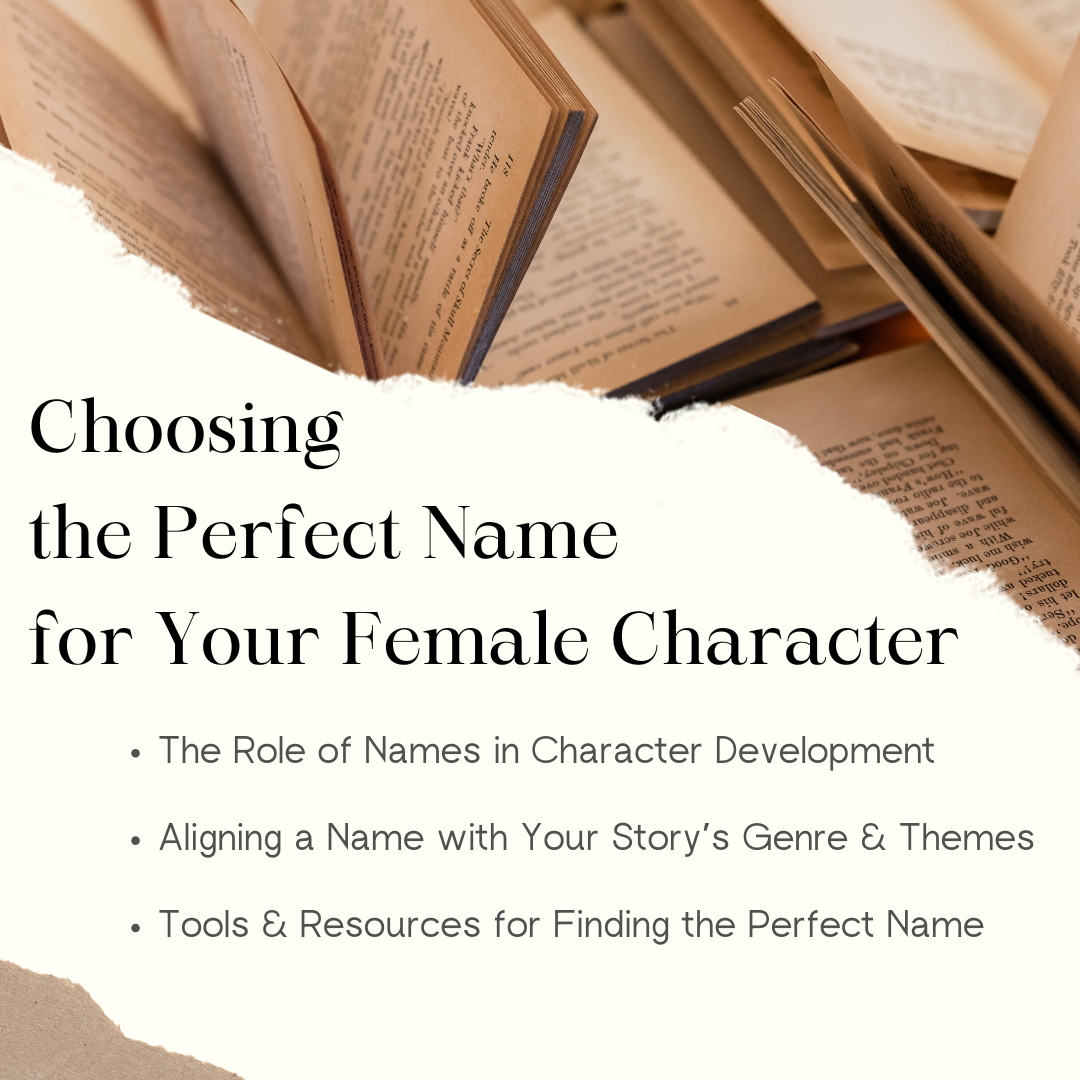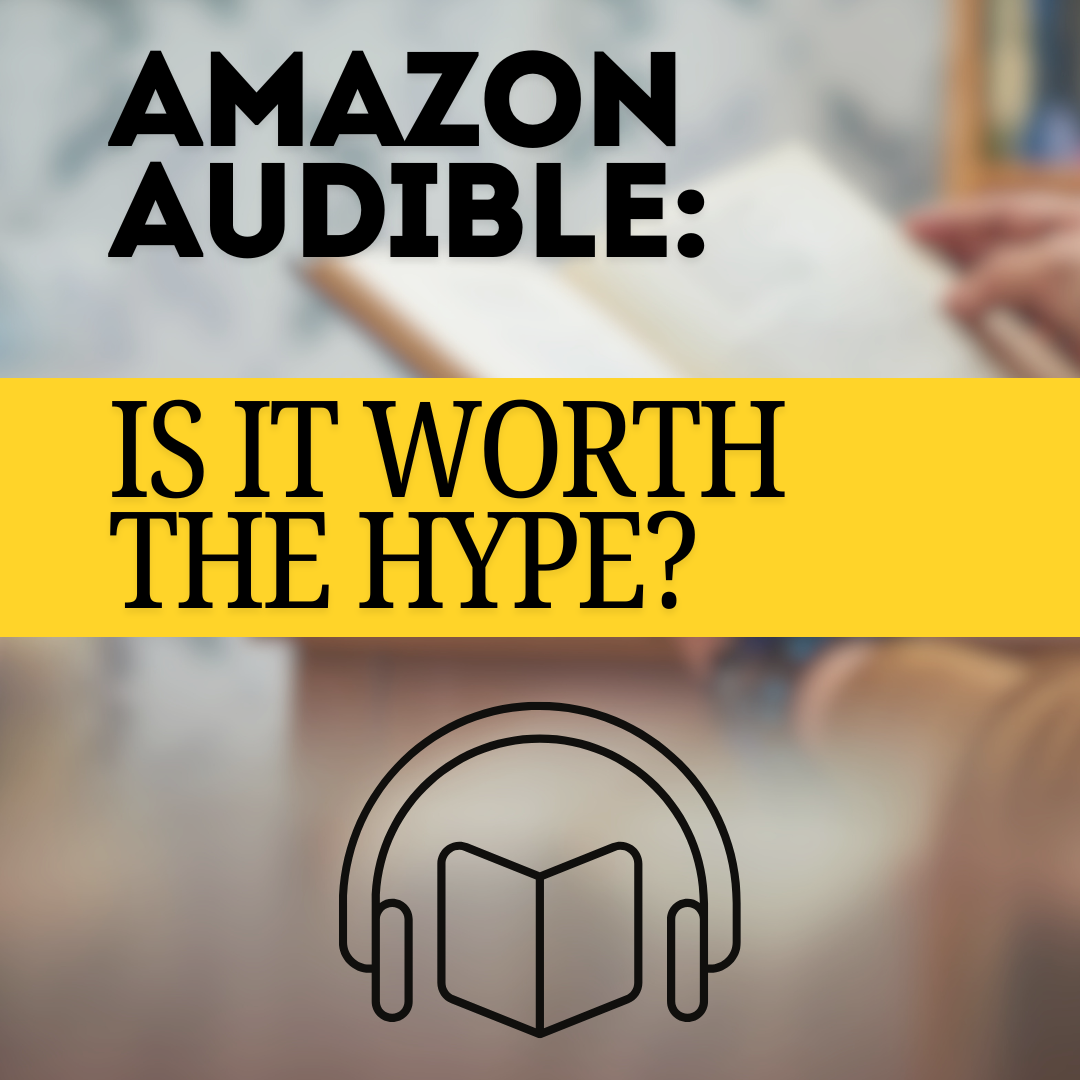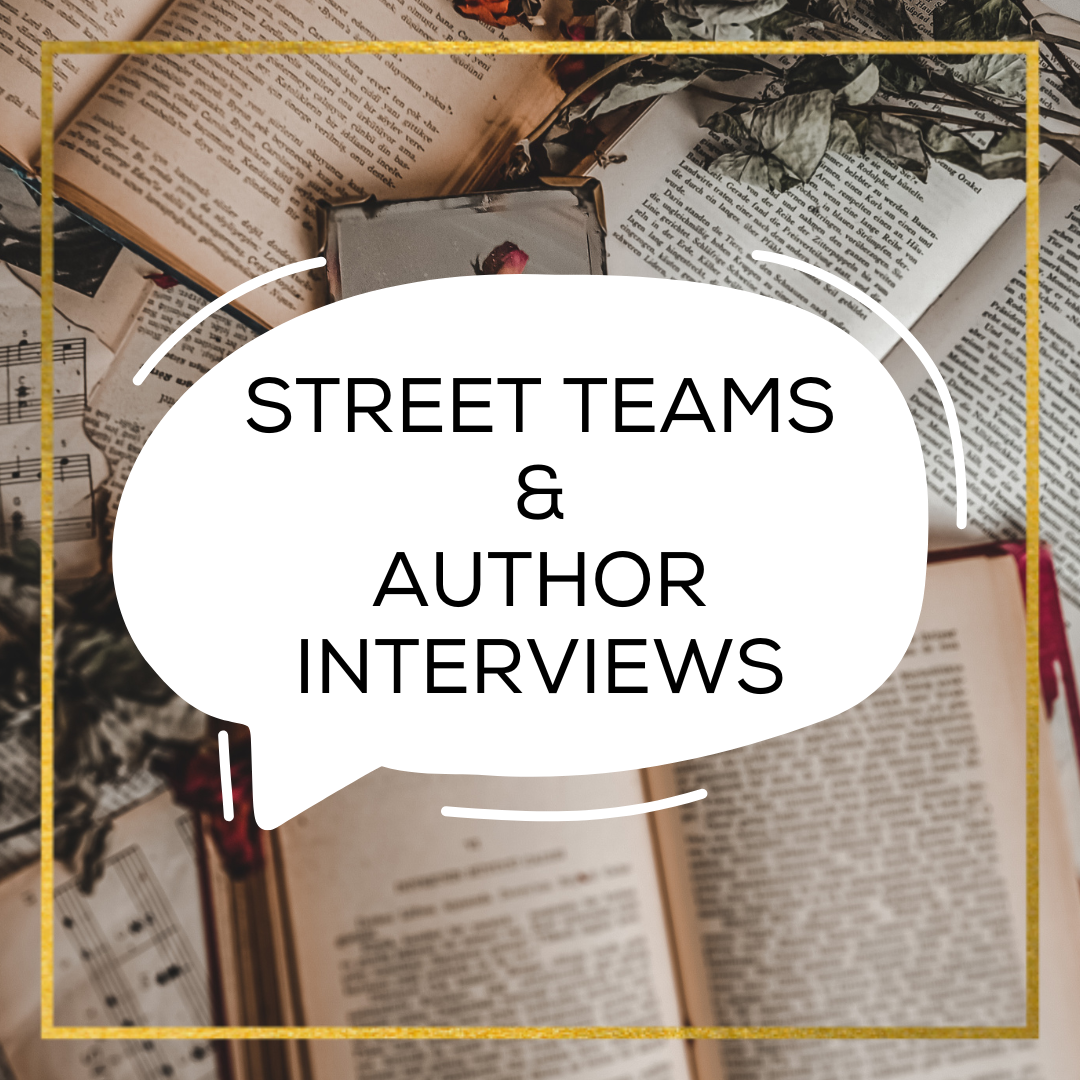
Who is Tia Christine? A Passionate Author, Book Marketing Expert, and Indie Author Advocate Tia Christine is a storyteller, strategist,...

In today’s fast-paced world, finding time to sit down and read a good book can be a challenge. Enter Audible—Amazon’s popular audiobook platform that promises to bring books to your ears, making it easier than ever to get lost in a great story while on the go. Whether you’re commuting to work, exercising, or simply multitasking, Audible offers a convenient way to enjoy everything from the latest bestsellers to timeless classics.
But is it worth it? With so many audiobook services and subscription models out there, what makes Audible stand out? In this post, we’ll break down the platform’s key features, the benefits and drawbacks of its subscription model, and how it’s changed the audiobook landscape. By the end, you’ll have all the information you need to decide if Audible is the right fit for your reading (or listening) habits.
It’s hard to imagine a time when audiobooks weren’t just a tap away, but back in the mid-90s, listening to books on-the-go was still a pretty novel idea. That all changed when Audible hit the scene. Founded in 1995 by Donald Katz, a journalist and author, Audible wasn’t just an audiobook company—it was a response to the shifting media landscape and our growing hunger for information in more accessible formats.
The story of Audible began with Katz’s vision of merging technology with storytelling. Originally, it wasn’t about subscription models or massive audiobook libraries. Instead, Audible started as a digital audio player company, creating the first-ever portable device designed specifically for audiobooks—way ahead of the iPod and other MP3 players. It could hold a whopping two hours of audio (which, let’s be real, is about the time it takes to get through half a chapter of a fantasy novel these days). But, as revolutionary as the technology was, it was the idea behind it that would become the game-changer: audiobooks could travel with you.
Katz wasn’t alone in making Audible a household name. Over the years, key figures in tech and media came on board, helping to shape the company’s future. Engineers worked to improve digital formats, and strategists helped make the product more user-friendly. One of the major shifts came when Audible moved from selling individual books to launching a subscription service, which was a bold move that set the stage for how we consume audiobooks today.
But things really took off in 2008, when Amazon swooped in with a hefty checkbook and acquired Audible for $300 million. If Audible was a growing star before, joining the Amazon ecosystem turned it into a full-blown celebrity. Amazon integrated Audible seamlessly with its Kindle platform, allowing readers to sync their ebooks with audiobooks for a more flexible reading experience (hello, Whispersync). Suddenly, the idea of switching between reading and listening to a book became a breeze—no more lost bookmarks or trying to remember where you left off!
Since joining the Amazon family, Audible has hit some pretty major milestones:
What started as a humble company looking to make audiobooks more portable has since evolved into a massive, global platform that continues to shape the way we consume stories. Whether it’s commuting to work, jogging through the park, or simply lying on the couch with your eyes closed, Audible is there to provide you with a world of stories at your fingertips—or rather, in your earbuds.
If you’re new to Audible, you might be wondering how it all works. Is it like a library? A streaming service? A bookstore? Well, it’s a little bit of all three, but with a twist. Here’s the breakdown:
Audible operates on a subscription-based model—which means you pay a monthly fee to access audiobooks. For most users, the Audible Plus or Audible Premium Plus plans are the way to go.
The credits are the backbone of Audible’s membership system. Think of them as tokens that you can exchange for audiobooks, regardless of the book’s price. You get 1 credit per month with the basic Premium Plus plan, which you can use on any title in Audible’s vast library. Got your eye on the latest bestseller or an epic 40-hour fantasy novel? One credit will cover it, no matter how pricey. If you need more books than your monthly credit allows, you can purchase additional credits or simply buy audiobooks at 30% off, which is a perk for Premium Plus members.
Now, let’s talk about the Audible library—it’s nothing short of vast. With over 200,000 titles to choose from, there’s something for everyone, from gripping thrillers to educational non-fiction, children’s books, and even full-cast dramatizations. Plus, Audible is constantly adding new releases, so your to-be-read (or to-be-listened-to) pile will never run dry.
And for those who are diving deep into a specific genre or author, Audible makes it easy to search by narrator, series, or themes, ensuring you find exactly what you’re in the mood for.
One thing that sets Audible apart from other audiobook platforms is its exclusive Audible Originals content. These are audiobooks, podcasts, and full-cast performances created specifically for Audible listeners. From celebrity narrators to exclusive performances, Audible Originals offer unique content you won’t find anywhere else. Think of it as Netflix for your ears, with content tailored specifically for the audio format.
In addition to that, members get access to special curated playlists, and exclusive podcasts that are only available through Audible. If you love bonus content, behind-the-scenes looks, and original productions, Audible has plenty of options to explore.
The biggest draw of Audible is its sheer convenience. With audiobooks, you’re no longer tied to a physical book, e-reader, or even a well-lit space. Whether you’re stuck in traffic, cooking dinner, or hitting the gym, Audible lets you carry your library with you wherever you go. You can listen to your current book anytime, anywhere—all from your phone, tablet, or computer. It’s reading on the go, minus the risk of paper cuts.
One of Audible’s greatest appeals is the ability to multi-task while listening. Audiobooks turn otherwise dull moments into engaging literary experiences. Commuting to work? Pop in your earbuds and let your favorite narrator take you on a journey while you battle rush-hour traffic. Doing laundry? Cleaning the house? Turn on Audible, and suddenly mundane tasks become bearable—if not enjoyable.
It’s like having a personal storyteller keeping you entertained while you get stuff done. It makes those hours in the day feel a little more productive, as you’re absorbing new stories, information, or knowledge while you complete routine tasks.
Audible also offers significant benefits to those who may find traditional reading difficult. For individuals with visual impairments or those with learning disabilities, like dyslexia, audiobooks provide an invaluable alternative to printed text. Listening to a book allows them to enjoy the same stories and educational materials without the barriers that traditional reading may present.
In this way, Audible levels the playing field, making the joy of literature more accessible to everyone. And with adjustable playback speeds, listeners can tailor their experience to suit their needs, whether that’s slowing down the narration for clarity or speeding it up for a quick read-through.
Speaking of playback speeds—Audible lets you listen at your own pace. You can speed up the narration if you’re trying to breeze through a title, or you can slow it down if you prefer to savor every word. Options range from 0.5x to 3.5x the normal speed, so whether you want to take it easy or power through a book in one afternoon, Audible has you covered.
This feature is perfect for anyone who prefers to control their listening experience. Sometimes, narrators speak too slowly for our liking, or perhaps a complex topic needs to be heard a little slower for better comprehension—whatever the case, Audible makes it easy to adapt the pace to your preferences.
In summary, Audible transforms the way we experience books by making them more accessible, flexible, and convenient for all types of readers and listeners.
While Audible is a game-changer for many readers, it isn’t without its fair share of criticisms. Here’s a closer look at some of the more common complaints that customers and critics have raised, along with a bit of context to balance things out.
One of the most frequently mentioned drawbacks of Audible is its subscription cost. At around $14.95 per month for the Audible Premium Plus plan (which gives you one credit for any audiobook and access to their Plus Catalog), some feel that this price tag is steep—especially if you’re only getting one book per month with that credit.
While this may seem costly compared to services like Netflix or Spotify, it’s worth noting that audiobooks typically have a much higher production value. Professional narrators, sound engineers, and editors are all part of the process, which explains the premium pricing. Additionally, Audible often has deals for newcomers and regular sales on additional credits, which can make the overall cost more manageable.
Another criticism revolves around the limited selection of titles, particularly for those outside of Audible’s Premium catalog. While Audible boasts a library of hundreds of thousands of books, not every title is available for purchase using credits. Some books, especially newer releases or those from certain publishers, are not part of the regular credit system and may require an additional purchase.
That said, Audible’s Plus Catalog offers a selection of thousands of books, podcasts, and Audible Originals for free with a membership—so there are always things to listen to. Still, this doesn’t cover every genre or niche preference, so those with very specific tastes might find their selection a bit narrow at times.
Audible has occasionally been called out for copyright-related concerns, particularly in how it handles audiobook licenses and publishing rights. There have been disputes with publishers over Audible’s “Captions” feature, which allowed users to view small snippets of text alongside the narration. While this feature was seen as a great educational tool by some, publishers argued it was infringing on the ebook market.
Audible has since scaled back some of these initiatives, but the underlying concerns highlight the complexities of modern media rights and the evolving landscape of audiobook publishing. While these issues don’t directly impact the average user, they’re something to be aware of as the digital reading industry continues to grow and face new legal challenges.
Audible allows members to return or exchange audiobooks within 365 days of purchase if they’re unsatisfied for any reason, which seems like a great perk at first glance. However, this policy has come under fire from both customers and authors alike. For customers, the ease of returns has occasionally led to confusion about how many returns are allowed before it affects their account standing (since too many returns can result in Audible revoking the ability to make future exchanges).
On the flip side, authors have raised concerns that generous return policies hurt their earnings. When customers return a book, the author or publisher often loses royalties, even if the book was fully listened to. This has led to some debate over how fair the system is, especially to smaller, independent authors who rely heavily on each sale.
While these criticisms are valid, it’s important to remember that no service is perfect, and many of Audible’s issues are either situational or common in the broader audiobook and publishing industry. Audible continues to refine its offerings, respond to feedback, and adjust its policies where necessary. For most users, the benefits still outweigh the drawbacks, but it’s crucial to consider these factors when deciding whether or not Audible is the right service for you.
Audible has had a profound impact on the publishing industry, fundamentally altering how people consume stories and redefining what it means to “read” a book. The rise of audiobooks has been meteoric, and Audible has been at the forefront of this shift, pushing innovation and changing the landscape of reading in surprising ways. Let’s take a closer look at how Audible has influenced the industry, what trends are emerging, and what the future holds for audiobooks.
The growth of Audible has revolutionized the way publishers think about their content. Once considered a niche market, audiobooks have now become a significant revenue stream for publishers. Many authors, especially independent and self-published writers, have found that releasing their works on Audible opens up new avenues for reaching readers—especially those who might not have the time or inclination to sit down with a traditional book.
Publishers are now factoring in audiobook production from the start, with many books being released in both print and audio formats simultaneously. Audiobooks have allowed publishers to tap into a broader audience, reaching people who may have otherwise been too busy to read, including commuters, fitness enthusiasts, and multitaskers. Audible’s subscription model has made audiobooks more accessible than ever, helping this format go mainstream.
The rise of Audible and other platforms has spurred fascinating technological innovations in audiobook production and delivery. Narrative performance has become an art form of its own, with professional voice actors, often with celebrity status, bringing stories to life with intricate performances. Some audiobooks even feature full casts and sound effects, offering an immersive, almost cinematic experience.
One of the biggest technological trends has been adaptive listening speeds. Audible allows users to speed up or slow down narration without distorting the audio quality, letting listeners customize their experience to match their pace. This feature has been a hit for those who want to get through books faster or for language learners who need to take things more slowly.
Moreover, the increasing integration of AI technology has opened new doors. Though still in its early stages, AI-narrated audiobooks could dramatically reduce production costs and time, allowing even more authors, especially indie writers, to create audiobooks. As voice synthesis technology improves, it’s expected that AI narrators will become increasingly common, potentially even mimicking famous human voices.
As audiobooks continue to grow in popularity, it’s clear that they’re carving out a permanent place in the reading landscape. According to industry reports, audiobook sales have been increasing year-over-year, outpacing both print and ebooks in growth. With the rise of smart speakers, voice assistants, and connected devices, it’s becoming easier than ever to listen to audiobooks anytime, anywhere. Audiobooks have also contributed to the growth of multitasking readers, making it possible to “read” while doing other activities—something traditional books can’t offer.
Looking ahead, audiobooks are expected to continue evolving. One possibility is further blending of audiovisual media, creating enhanced, interactive audiobook experiences that go beyond voice narration. Additionally, with platforms like Audible creating exclusive, high-budget Audible Originals, we could see even more innovation in how stories are told in audio format.
In the end, while audiobooks may never fully replace the tactile experience of reading a physical book, they have expanded the definition of what it means to engage with literature. As more readers embrace this format, the publishing industry is likely to see further growth in this sector, ensuring that audiobooks remain a key part of the future of reading.
When deciding if Audible is worth your investment, it’s important to weigh the pros and cons. Audible offers a unique experience that appeals to both avid bookworms and those who struggle to find time to read. However, like any service, it has its strengths and potential drawbacks.
In my opinion, Audible is worth it—if you’re someone who loves audiobooks and can make full use of the service. The convenience alone is unbeatable if you have a busy schedule or want to “read” while multitasking. Plus, the access to high-quality narrations and Audible Originals can make your experience more immersive and enjoyable. However, if you’re more of a casual listener or you’re not sure you’ll use it regularly, it might be better to test out a free trial first or explore alternatives like borrowing audiobooks from the library.
In summary, Audible has grown from a small startup to a game-changing service in the audiobook world. Its extensive library, convenience, and exclusive content make it a valuable tool for book lovers who are always on the go or prefer to listen rather than read. However, it does come with its share of criticisms, including the cost and limited flexibility for those who consume content at a faster pace.
Ultimately, whether Audible is worth it depends on your individual preferences and how much you value the accessibility and convenience of audiobooks. If you’re still on the fence, trying Audible’s free trial is a great way to see if the service meets your needs.
Are you an Audible user? We’d love to hear your thoughts! Let us know your favorite audiobooks or share your own experiences with the platform in the comments below. If you’re ready to dive into the world of audiobooks, give Audible a try and see for yourself!

Who is Tia Christine? A Passionate Author, Book Marketing Expert, and Indie Author Advocate Tia Christine is a storyteller, strategist,...

Choosing the Perfect Name for Your Female Character Why Your Character’s Name Matters Naming your characters might seem like a...

The Evolution of Spicy Books Origins, Controversies, and Evolution of Spicy Books These days, “spicy” books are hotter than ever—literally...
Boost Your Author Brand with Effective Interview Techniques A Step-by-Step Guide for Authors to Ace Every Interview Interviews are one...

Amazon Audible: Is It Worth the Hype? A convenient way to enjoy books In today’s fast-paced world, finding time to...
Advanced Reader Copy Your Guide to ARC Books In the digital age, book piracy has become a significant issue that...
Book Pirate Sites are Hurting Self-Published Authors Book Piracy Book piracy is an ongoing issue that significantly affects self-published authors....

Street Teams and Author Interviews INSIGHTS, SPOTLIGHTS, AND TIPS FOR YOUR BOOK MARKETING Welcome to the latest edition of the...
Harness the Power of Social Media Book Marketing AUTHOR BRANDING, BOOK BOOSTS, LITERARY SUPPORT What you’ll discover in this edition...